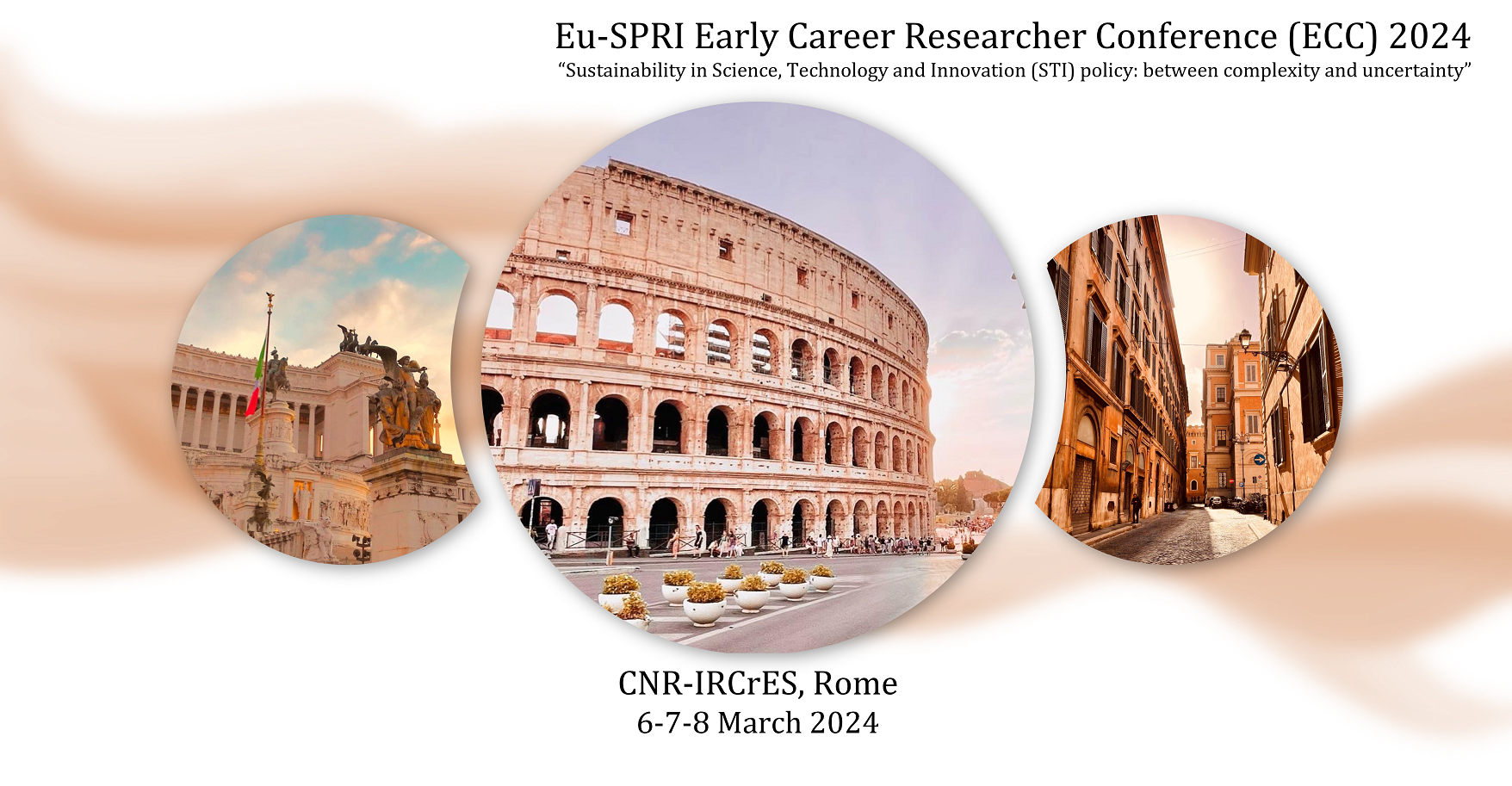Sustainability in Science, Technology and Innovation (STI) policy: between complexity and uncertainty
In the twenty-first century, we face extreme global challenges such as climate change, population growth, and widespread pollution, as well as major change brought about by technological advances (Steward, 2012). As a result, scientific advice has long been regarded as an important part of the overall evidence that policymakers consider. Simultaneously, policymakers are attempting to make sense of scientific evidence that is definitely complex and multifaceted.
Since the adoption of the 2030 Agenda at the UN General Assembly in 2015, the world has been striving to attain the Sustainable Development Goals (SDGs). The adoption of the 2030 Agenda was a turning point, preparing the ground for a shared global vision of sustainability. The potential of science, technology, and innovation (STI), as envisioned in the 2030 Agenda, is critical for achieving the SDGs (“STI for SDGs”), enabling societies to shift pathways toward more inclusive patterns of development, and to strengthen knowledge-sharing and collaboration. STI features strongly among the SDGs as vital route to structural change, economic diversification, and productivity growth (Hajikhani, 2022). However, progress is too slow, and the recent COVID-19 pandemic appears to have slowed or even reversed progress. The current transition to a more sustainable economy and society necessitates more significant research and innovation policy support than ever before (Weber & Rohracher, 2012; Piscicelli, 2018; Senise et al., 2021).
Given the growing emphasis on sustainability, this directionality should result in more inclusive and diversified sorts of science and innovation. As a result, the following questions arise:
- How do organizations play a role in the change to the sustainability?
- How is scientific knowledge embedded in STI policy can foster the sustainability?
- How does policymaker use scientific information to drive changes to sustainability?
- How do scientists anticipate policy change towards sustainability transformations?
- What methods are used to anticipate or predict sustainability policy impacts?
- How can we map and analyse the STI orientation in terms of SGCs and SDGs? Which methods should we employ to accomplish this?
The proposed conference theme aims to promote broad and in-depth discussion of STI’s role in the sustainability mission, which is critical in promoting sustainable development and achieving the SDGs. Indeed, science, technology and innovation can play a critical role in fostering access to knowledge, increasing productivity, industrialization, economic growth. Focusing on science, technology, and innovation also allows for follow-up with various countries and Research Funding Organizations on their sustainability efforts, as well as analysis of their policies and potential policy beneficiaries. The Conference should also address the issue of mission measurements, as well as the existing gap between missions and social challenges, policy objectives, policy instruments, and research projects, including an understanding of issues such as the role of traditional and new actors or public funding.
Finally, the theme proposed is the core issue and priority for all international communities and organizations in the world.
References:
Hajikhani, A., Suominen, A. Mapping the sustainable development goals (SDGs) in science, technology and innovation: application of machine learning in SDG-oriented artefact detection. Scientometrics (2022). https://doi.org/10.1007/s11192-022-04358-x
Piscicelli, L., Ludden, G. D., & Cooper, T. (2018). What makes a sustainable business model successful? An empirical comparison of two peer-to-peer goods-sharing platforms. Journal of cleaner production, 172, 4580-4591.
Senise, R.S., Yogui, R., Cirne, L.F. (2021). Role of Science, Technology, and Innovation Towards SDGS. In: Leal Filho, W., Marisa Azul, A., Brandli, L., Lange Salvia, A., Wall, T. (eds) Partnerships for the Goals. Encyclopedia of the UN Sustainable Development Goals. Springer, Cham. https://doi.org/10.1007/978-3-319-95963-4_90
Steward F (2012) Transformative innovation policy to meet the challenge of climate change: socio-technical networks aligned with consumption and end-use as new transition arenas for a low-carbon society or green economy. Technol. Anal. Strateg. Manag. 24 (4), 3331–3343
Weber, K. M., & Rohracher, H. (2012): Legitimizing research, technology and innovation policies for transformative change: Combining insights from innovation systems and multi-level perspective in a comprehensive ‘failures’ framework. Research Policy, 41(6), 1037-1047

